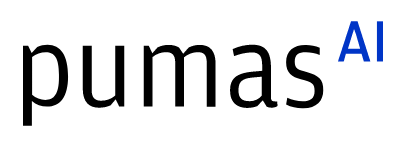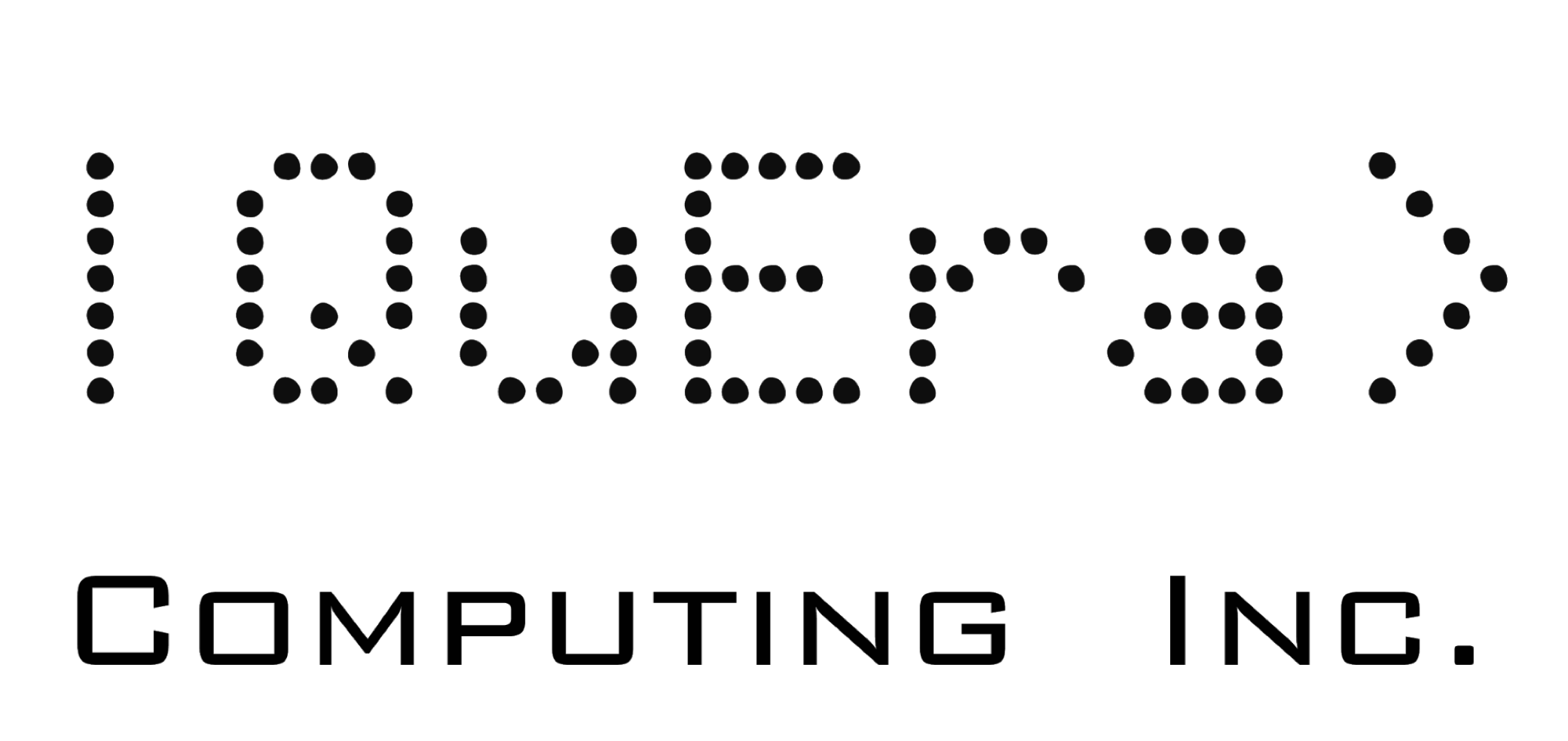Przemysław Szufel
Przemysław Szufel is an Assistant Professor at SGH Warsaw School of Economics, Adjunct Professor at Ryerson University, Toronto, co-owner at StatXplorer.com - company offering custom made optimization and machine learning models and Founding Partner of Nunatak Capital - a VC fund that specializes in investing in startups that build their value on data analytics. His main research focus is applying advanced analytics methods, and in particular, machine learning, simulation and optimization in modelling in bringing new value to business processes. He is a co-author of several tools and algorithms for optimal and cost efficient collection and analysis of large data sets in the cloud. He is a co-author of over 40 publications, including handbooks and journal papers, in the area of applying advanced analytics, machine learning and simulation methods to making optimal business decisions. He is an active member of the Julia language community - maintains 3 official Julia packages and has 3rd place in the world answering Julia-related questions on StackOverflow. He is a co-author of book “Julia 1.0 Programming Cookbook: Over 100 numerical and distributed computing recipes for your daily data science workflow”. Przemyław is also co-managing SilverDecisions.pl project (that aims for representing and supporting business decisions), which has been elected by the European Commission to the Innovation Radar programe, grouping the best innovations financed by the EU funds. Przemyslaw has been awarded by the Polish Ministry of Science and Higher Education for implementing data science innovations to business environment. Recently, in a survey by SGH Student Council he has been selected the best teaching professor at SGH Warsaw School of Economics scoring the highest number of student votes among the entire faculty.
Talks:
19:10 UTC
Optimization of bike manufacturing and distribution (use-case)
This is a use-case scenario of using Julia for planning and optimization of production in one of the largest bicycle manufacturing plants in Europe. The optimization model has been implemented utilizing JuMP and custom made heuristics. The Julia solution has increased profitability of the manufacturing plant over 10% (compared to the previous approach) and the optimal part allocation made it possible to increase the bike production volume by 25%.
Platinum sponsors



Gold sponsors


Silver sponsors








Media partners



Community partners


Fiscal Sponsor
